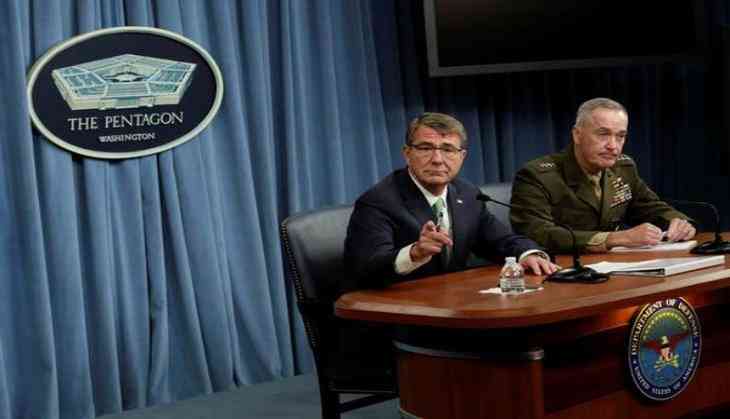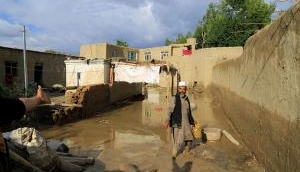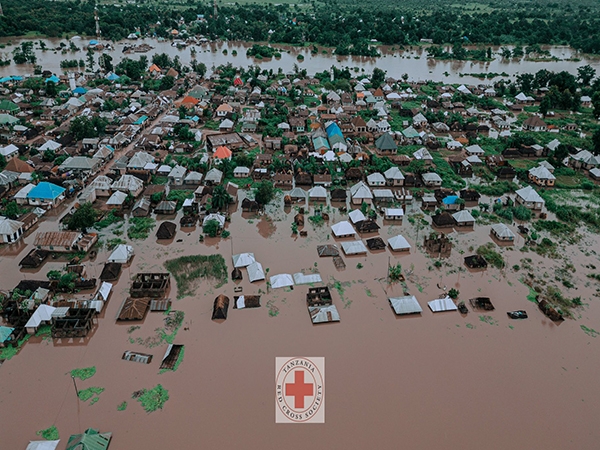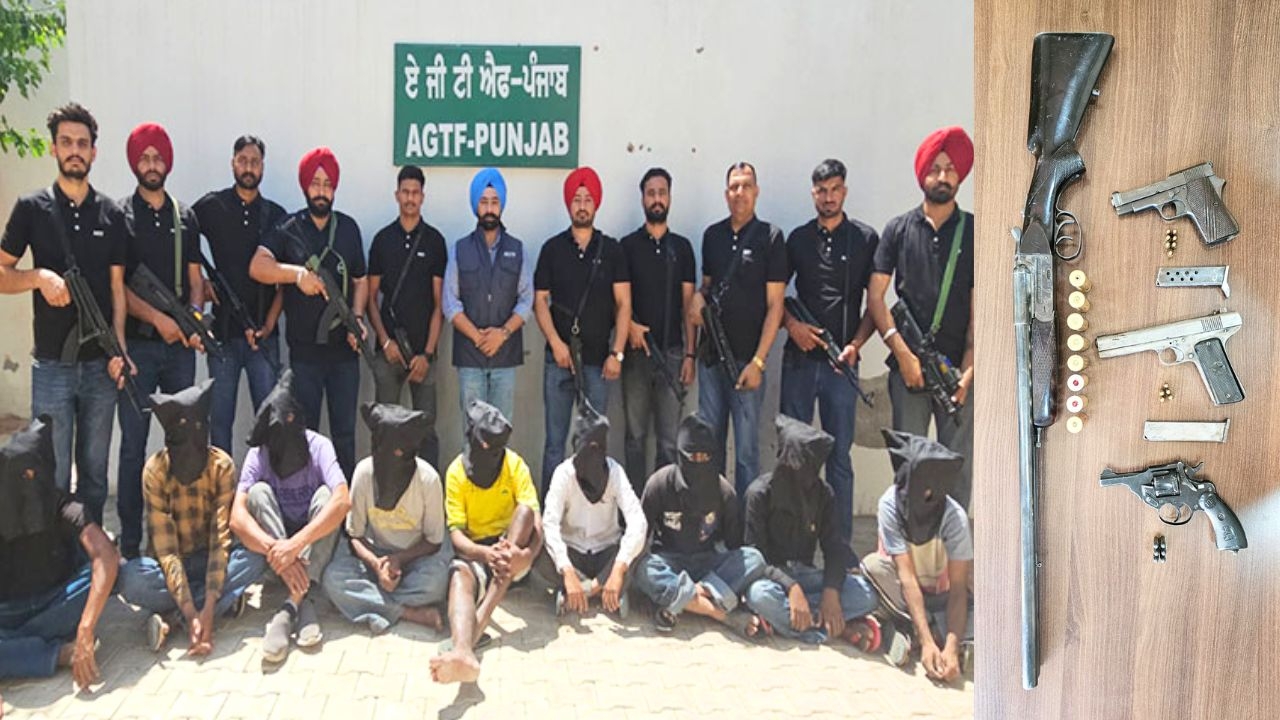
Afghanistan is "at a critical point" as it faces a continuous threat from as many as 20 insurgent and terrorist networks operating in the Afghanistan-Pakistan region, the Pentagon has said in a new report to Congress. It also reveals U.S. and Afghan authorities are negotiating with Taliban for peace talks.
The Pentagon report also acknowledged that India is Afghanistan's most reliable regional partner as it provides significant training opportunities for Afghan officers and enlisted personnel.
"India is Afghanistan's most reliable regional partner and the largest contributor of development assistance in the region, including civil development projects such as the Afghanistan-India Friendship Dam and the Afghan parliament building, approximately 130 Afghans travel to India each year to attend various military academy and commissioning programs," it said in the six- monthly report to the U.S. Congress.
The U.S. Department of Defence concluded that Afghanistan has the highest concentration of extremist and terrorist groups in the world- the Taliban, the Haqqani Network, Daesh and al-Qaeda.
The report, "Enhancing Security and Stability in Afghanistan," states that "At its height, ISIS-K had a presence in six provinces but it is now largely confined to four districts in Nangarhar Province. ISIS-K remains a threat to security in Afghanistan and the Afghanistan-Pakistan border region and a threat to U.S and coalition forces, and ISIS-K retains the ability to conduct high-profile attacks in urban centers," read the report.
"Taliban capabilities and operations varied significantly by region. The group continued to exploit its limited successes and tout them as strategic victories through the proficient use of social media and propaganda campaigns," the report stated.
"The combination of U.S counterterrorism operations, ANDSF operations, pressure from the Taliban, and a lack of support from the local populace have diminished ISIS-K's ( Daesh) influence and caused it to decline in size, capability, and ability to hold territory.
The US and Afghan Governments agree that the best way to ensure lasting peace and security in Afghanistan is through reconciliation and a political settlement with the Taliban. The report said."The United States supports an Afghan-led, Afghan-owned reconciliation process and supports any process that includes violent extremist groups laying down their arms. The success of this peace process will require the Taliban and other armed opposition groups to end violence and break ties with international terrorist groups."
While no measure of territorial control is given, the Pentagon says that as of February 2017, the Taliban exercised influence or control over 11 percent of the Afghan population, the government could claim 65 percent, and the rest was "contested."
Though the Taliban achieved only "limited successes," it presented them as strategic victories "through the proficient use of social media and propaganda campaigns."
The Pentagon stated that the ANDSF are generally capable of protecting major population centers, preventing the Taliban from maintaining prolonged control of specific areas, and responding to Taliban attacks and that the Afghan Special Security Forces (ASSF) have proven to be effective at leading offensive clearing operations. However, it stated that continued Taliban attacks across the country has weakened public confidence in the Afghan government's ability to provide security.
The report also stated that "attacks in Afghanistan attributed to Pakistan-based militant networks continue to erode the Afghanistan-Pakistan relationship." "Militant groups, including the Taliban and Haqqani Network, continued to utilize sanctuaries inside Pakistan. Pakistan's belief that Afghanistan is not doing enough to prevent cross-border attacks, such as a suicide bombing at a shrine in Pakistan 's Sindh Province in February 2017 that killed 72 people, further hampers bilateral relations," read the report.
According to the report, "since late 2015, private militias and other non-state actors have played a more public role in maintaining security in the north of Afghanistan as local and provincial government officials and warlords employ these groups to address local security challenges."
Casualty figures paint a grim picture, however. In the six months covered by this report, there were 4,806 "effective enemy-initiated attacks" or 801 per month, compared to 4,727 - or 788 a month - in the previous reporting period. Five American soldiers were killed and 36 wounded. There were also 38 attacks on Afghan forces by their own members, known as "green-on-green."
As of May 31, a total of 1,865 US military personnel have been killed in action and 20,272 have been wounded since the US invaded Afghanistan in October 2001.
The US currently has 8,400 troops in the country, conducting both the "training, advising and assisting" of Afghan security forces and counterterrorism operations against ISIS-K, Al-Qaeda, and other terrorist groups. The report did not mention a need for additional troops.
-ANI







![BJP's Kapil Mishra recreates Shankar Mahadevan’s ‘Breathless’ song to highlight Delhi pollution [WATCH] BJP's Kapil Mishra recreates Shankar Mahadevan’s ‘Breathless’ song to highlight Delhi pollution [WATCH]](http://images.catchnews.com/upload/2022/11/03/kapil-mishra_240884_300x172.png)

![Anupam Kher shares pictures of his toned body on 67th birthday [MUST SEE] Anupam Kher shares pictures of his toned body on 67th birthday [MUST SEE]](http://images.catchnews.com/upload/2022/03/07/Anupam_kher_231145_300x172.jpg)






